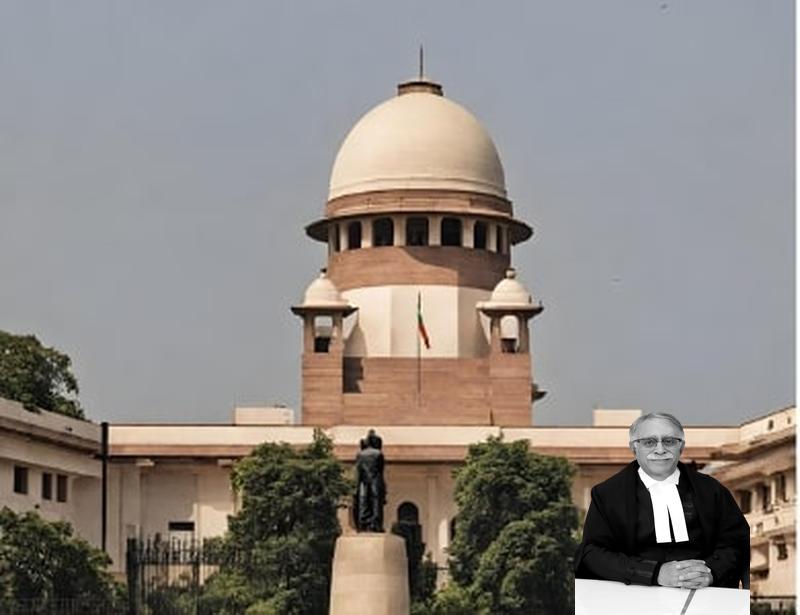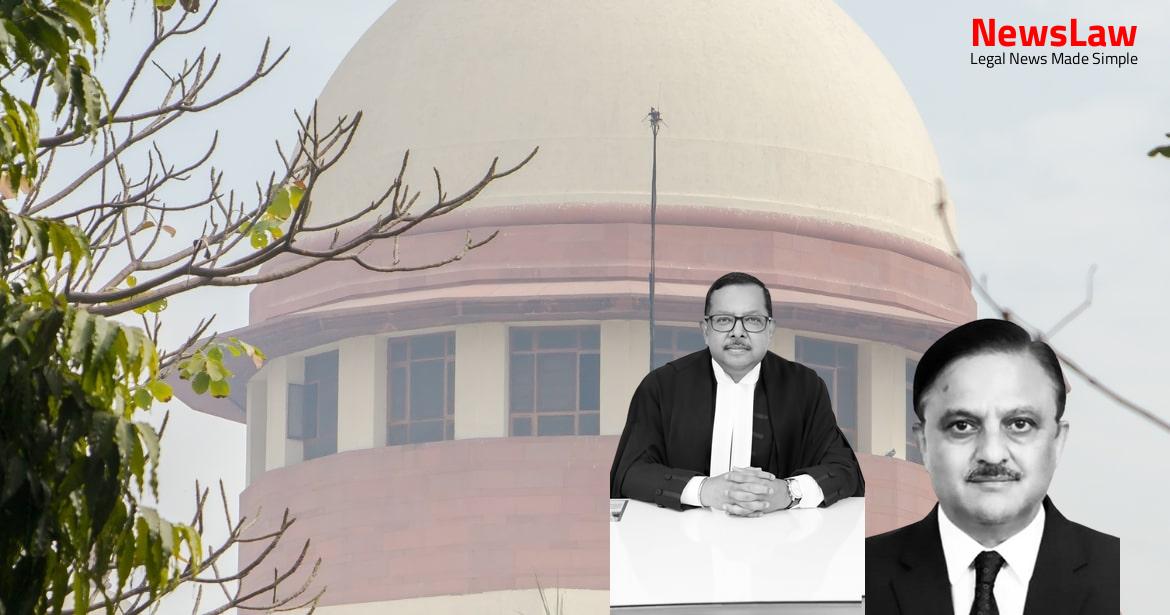A petition was filed by the first respondent seeking a writ of mandamus in the following terms: “…….Therefore I most respectfully pray that this Hon’ble Court may be pleased to direct the Respondent No.1 to appoint the Chairman and other members of the 22nd Law Commission constituted through the notification in number F. (b) How many orders have been acted upon and suitable Acts/Rules and amendments to the existing Acts, have been done so far and what are all the new Acts/Rules and the amendments made so far?
(e) Whether the Central and State Governments are having appropriate Wings to note down the judgments/orders of the Constitutional Courts, wherein suggestions for enacting new Acts or amendments have been enacted/proposed or recommended?
(5) The Respondents shall appoint a “Nodal Officer”, who is well qualified in law, in each department, to note down the Courts’ recommendations to bring to the knowledge of the Policy-Makers of each department by way of periodical reports within a period of six months from the date of receipt of copy of this order, so that policy decision would be taken.”
Aishwarya Bhati, learned ASG urged in support of the Civil Appeal that the High Court has issued a writ of mandamus which in substance directs the legislature to legislate in a particular manner. Learned counsel relying upon various decisions submitted that the Constitutional Courts have always recommended that either a legislation should be made on a particular subject or the existing legislation should be amended.
Also Read: https://newslaw.in/supreme-court/extension-of-benefit-of-doubt-in-criminal-convictions/
On the basis of the prayer made by the first respondent, a direction has been issued to the Central Government to consider of introducing of a bill on the subject, and outer limit of six months has been fixed by the High Court. Whether Law Commission should be given a status under the Constitution or under a Statute is a major policy decision to be taken by the Central Government.
The terms of Reference are very wide which expect the Law Commission to make recommendations on various important aspects such as identification of obsolete laws, and identification of laws which are not in harmony with existing climate of economic liberalisation.
As and when the requisition is sent by the 22 Law Commission for requisitioning funds, the Central Government will have to consider the said proposal and ensure that the Law Commission does not become ineffective on account of its failure to sanction adequate funds.
Also Read: https://newslaw.in/supreme-court/vicarious-liability-under-section-34-of-ipc/
No Constitutional Court can issue a writ of mandamus to a legislature to enact a law on a particular subject in a particular manner.
Case Title: UNION OF INDIA Vs. K. PUSHPAVANAM (2023 INSC 701)
Case Number: C.A. No.-005049-005049 / 2023



